- Gadgets
- A
How hustler Harry, hacker Hermione, and hipster Ron created the "wizard startup"
New Year's holidays are a great time to rewatch movies or reread books about Harry Potter. Under the light of the Christmas tree garland, you can once again immerse yourself in the magical world of Hogwarts, created by J.K. Rowling, remember the charismatic characters, and feel the excitement of their adventures. This New Year's fantasy on how the Harry Potter team illustrates startup principles and what gadgets or technologies could appear in their magical world will entertain and lift your spirits.
New Year's holidays are a great reason to reread a novel or rewatch a movie from the "Harry Potter" series. Under the cozy twinkling of the Christmas tree garland, it is pleasant to reminisce about your first touch with the world of the famous fantasy, to feel the excitement of the charismatic characters created by the talent of J.K. Rowling, and to live through the intrigue of the magical atmosphere of Hogwarts once again.
The "3H Framework" concept for startups is a model that helps identify key roles and competencies in a startup. The abbreviation consists of the capital letters of three types of key employees: Hustler (entrepreneur, initiator), Hacker (developer, technologist), Hipster (creative, designer). And this model fits wonderfully with the trio loved by millions — Harry Potter, Hermione Granger, and Ron Weasley — from J.K. Rowling's super popular novel.
The influence of Rowling's novel on young minds was so great that after the saga was released, there were people who believed that Harry's adventures were not a fairy tale. They seriously searched for platform 9¾ and even tried to pass through the wall of London's King's Cross station to get on the "Hogwarts Express". Children in schools invented spells that help pass exams. And postal services around the world were flooded with letters asking to be admitted to the school of wizards.
Today, of course, these stories look funny. But there are also some things in Rowling's novels that are worth thinking about seriously. For example, using the Potter team as an example, one can analyze how a classic startup team is assembled or why magic strangely coincides with modern technological "miracles".
The Harry Potter team as a startup team
Let's start with the team. Harry Potter, Hermione Granger, and Ron Weasley... Surely many of us, looking at this trio, envied their friendship in a good way, involuntarily wondering why some people are so lucky with people, while others have difficulty finding friends and allies? Why, for example, were the founders of Apple lucky? Steve Jobs, Steve Wozniak, and then Tim Cook met at the right time and in the right place. After all, if you remove one of them, most likely there would be no Apple company as we know it, which grew from the garage of Jobs' adoptive parents (Potter, by the way, is also an "adopted child") to a technological giant worth several trillion dollars. And the creators of "Yandex" Arkady Volozh, Ilya Segalovich, and Elena Kolmanovskaya: how did they meet and carry their friendship through their whole life? Working together for decades and strengthening each other. What is this "chemistry" or, if you like, "magic" and how does it arise between people? And is there a logic in these processes that can be calculated to repeat the stellar success in creating a team? Maybe some kind of spell is required?
Hustler! Hacker! Hipster! — is this a spell from Hogwarts?
No, not a spell, although it looks like one. This is a popular team working model in the startup business. It helps to determine competencies and positions in the company based on objective personal characteristics that are recognized by colleagues. Recognizing, for example, leadership qualities, colleagues who find it easier to be in the role of a subordinate calmly step aside, giving the stronger one the right to lead the team. And here begins the very "chemistry". How and when does, for example, a hustler appear — an initiator, an entrepreneur, a person who takes the initiative to create a product, attract customers and investors; the face of the startup.
The personalities of Harry Potter and his friends
Potter, undoubtedly, is the hustler in the Harry — Hermione — Ron trio. He is the charismatic leader who inspires the team and leads it to the goal. The events of all the books and series revolve around him. His role is not to come up with plans (Hermione does that) or solve practical tasks (Ron does that), but to be the leader and face of the team, the source of its moral motivation and inspiration. Potter's personality: a born leader who everyone liked (well, almost everyone). Key hustler qualities that Harry demonstrated:
Initiative: Harry is often the first to act, for example, he decides to search for Horcruxes and confront Voldemort.
Ability to unite people: Harry becomes the "symbol of resistance," inspiring not only his friends but also the entire Order of the Phoenix, Dumbledore's Army, and allies.
Focus on the goal: despite the difficulties, Harry always sees the ultimate task — defeating Voldemort.
Ronmet Harry at the station, on "that very" platform 9¾, and Hermione on the Hogwarts Express, on the way to school. And there was that "chemistry" between them.
Harry and Ron are both simple guys. But still, in their tandem, Potter was immediately the leader, and this is understandable: he is the famous "survivor of the assassination attempt" by the king of evil on his family. He is the chosen one, but at the same time, he does not suffer from "star disease." And besides, he is always ready to take responsibility, challenge the strong. He inspires with his courage, audacity, charisma of a fearless guy. He inspires confidence and forms a community around him — from the members of Dumbledore's Army to allies in the Battle of Hogwarts.
Hermione Granger is a born hacker, a gifted young witch with incredible abilities, a born sorceress and potion maker.
She is always "carrying" some ideas, experimenting with spells, and at the same time knows her subject thoroughly. She met Harry and Ron on the "Hogwarts Express", and even there she approached the guys just to correct another mistake in the spell that Ron was trying to use to change the color of the rat. Hacker Hermione solves complex problems and finds technical solutions for the team's goals: "Polyjuice Potion", for example.
And Ron Weasley in this group is most suitable for the role of a hipster, of course. And even his naive-childish curiosity, optimism, and irony definitely correspond to this function. The hipster in the team is responsible for creative thinking, an unconventional approach, and emotional support. Ron is like that, he is soft and kind, with humor, the link between Harry and Hermione, and brings lightness, trust, and intuitive solutions to the team. Let's not forget the "signature style" of the startup: the whole team wears designer sweaters "from Weasley".
All seven books of the Potter series "wizard startup" consisting of Harry - Ron - Hermione overcame difficulties on the way to the heights of magical professionalism and to the world of justice. And in the end, they completed the most difficult of all missions. Isn't that proof that when the team is properly assembled, say, according to the "3H" principle, things go well, and it is capable of moving mountains.
Limitations of the "three H" model
It would be wrong not to note the weaknesses. Firstly, the "3H" model implies that a team of at least three people is necessary. In real life, it happens that one person or a couple of enthusiasts "carry" everything on themselves, especially at the start, and can combine several roles at once. For example, the Weasley twins are hackers, hipsters, and hustlers themselves, and they have a successful startup with a great PR campaign.
Another weak point of the model: non-universality. Not all startups need an even distribution of roles. For example, purely technical projects may depend less on design (Hipster), and in creative projects, the Hacker may play a smaller role.
Joanne Rowling as a visionary
Any sufficiently advanced technology is indistinguishable from magic, — classic sci-fi Arthur Clarke
If the author of "Space Odyssey" is right, then everything we saw at Hogwarts can be regarded as a technological prediction. J.K. Rowling described some inventions in the field of IT and other areas as elements of "magic". Moreover, some of them came to life literally a couple of decades after she finished the saga. Rowling finished the manuscript of her first book "Harry Potter and the Philosopher's Stone" in 1995. And she put an end to the last book "Harry Potter and the Deathly Hallows" in 2007. 1
It would be, perhaps, a big stretch to call Rowling a "visionary", as they call writers who devoted themselves to hard science fiction, which is based on real scientific discoveries. Nevertheless, some of Rowling's inventions surprisingly coincide with promising technologies.
For example, magical ("enchanted") levitating objects:
· Sirius Black's flying motorcycle;
· Muggle brooms for playing Quidditch or just for witches and wizards to take air walks;
· Mr. Weasley's enchanted aeromobile (aka "flying Ford").
Surprisingly, but true: all these "flying fantasies" resemble real hover bikes, promising air cars, as well as magnetic cushion transport (maglev).
The Marauder's Map. It shows the location of all people inside Hogwarts, requires special spells and "swears" like the last marauder if addressed without the correct spells. And doesn't this peeping map resemble modern GPS trackers and tracking technologies, indoor navigation and similar technological solutions?
And here are a few more curious examples of technologies that are really indistinguishable from magic:
Deluminator, self-washing dishes. Why not smart home technologies and smart lighting control systems?
Hermione's bag with infinite space, of course, resembles cloud data storage; augmented and virtual reality.
Ron's magical chess: AI in chess, and in other games too.
Weasley's fireworks — modern special effects, such as light drone shows, as well as holographic technologies.
The "Accio!" spell that makes things fly to a person — why not a delivery service?
Hermione's beaded bag with the Invisible Extension Charm, allowing it to hold more than its size and lightness would suggest — reminds you of cloud solutions, doesn't it?
And also: a two-way communication mirror (video calls); mirrors with appearance advice (AI technologies in cosmetology); pensieves (why not big data storage).
Surely this list is incomplete, add in the comments what else you remember. One thing is clear: the dream of new technologies was as close to the queen of fantasy J.K. Rowling as it is to those who work in the genre of hard sci-fi. And all these coincidences are probably not accidental.
What other technologies, in your opinion, are suggested by the magic of Harry Potter and his friends? — Write in the comments.
What business could Harry, Ron, and Hermione's startup do? (New Year's quiz)
Agree, this is a quite logical question for our little quiz. After all, if the team was formed, they should have created something grandiose or at least useful for people. The Potter team finally destroys the evil wizard. So, was this their main business? But if our heroes were in a relatively more peaceful and "calm" context, what business project could they implement? And what would you call their startup? Let your imagination run wild. Here are three ideas from the author for Harry Potter's startup, with naming:
Magic Wand Repair Service: Potter, for example, broke this wizard's tool several times, the service would be in demand. So, if yours is broken, you can restore your wand's memory and temporarily "flash" a replacement wand. Startup name suggestion: "Magic Wand-Helper".
Flying Cars Sharing — rental of flying transport (enchanted cars, Quidditch brooms, flying motorcycles). Name suggestion: "Enchanted Carsharing".
Gadgets — dark magic detectors (a very, by the way, in-demand thing, the demand would be just huge). But it is extremely important to offer a personal mobile detector that would fit in a pocket or purse. Or it would be mounted as an attachment to a smartphone (looks like a regular macro lens, for example). Gadget name suggestion: "Detectosicator".
What startup ideas come to your mind? And what would you call it? Write in the comments.
It is hard to say whether the writer followed technological trends, she herself claims that she was inspired by rich English folklore and Jane Austen's "stories of manners".
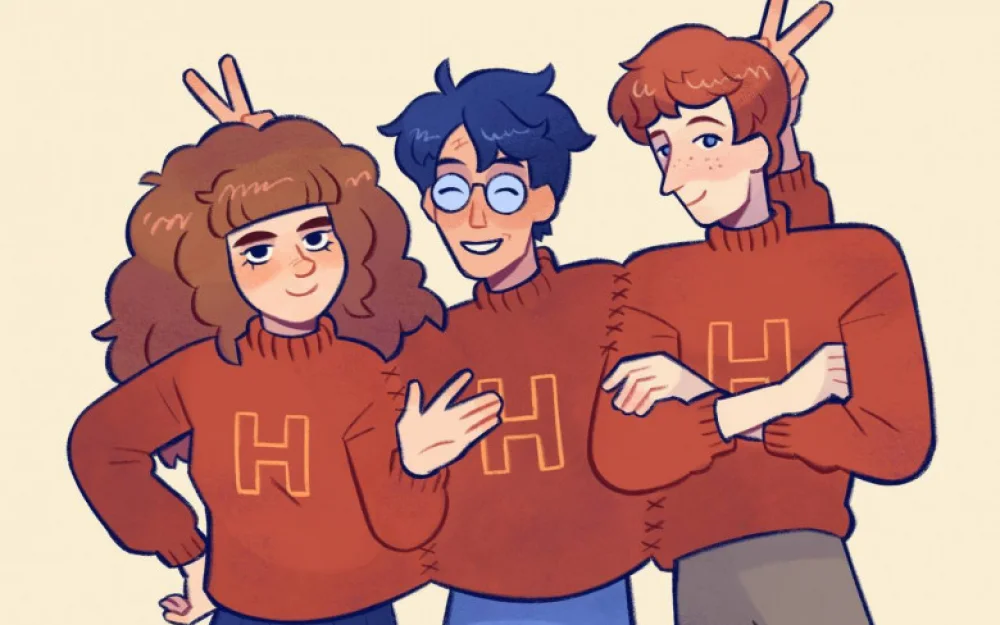
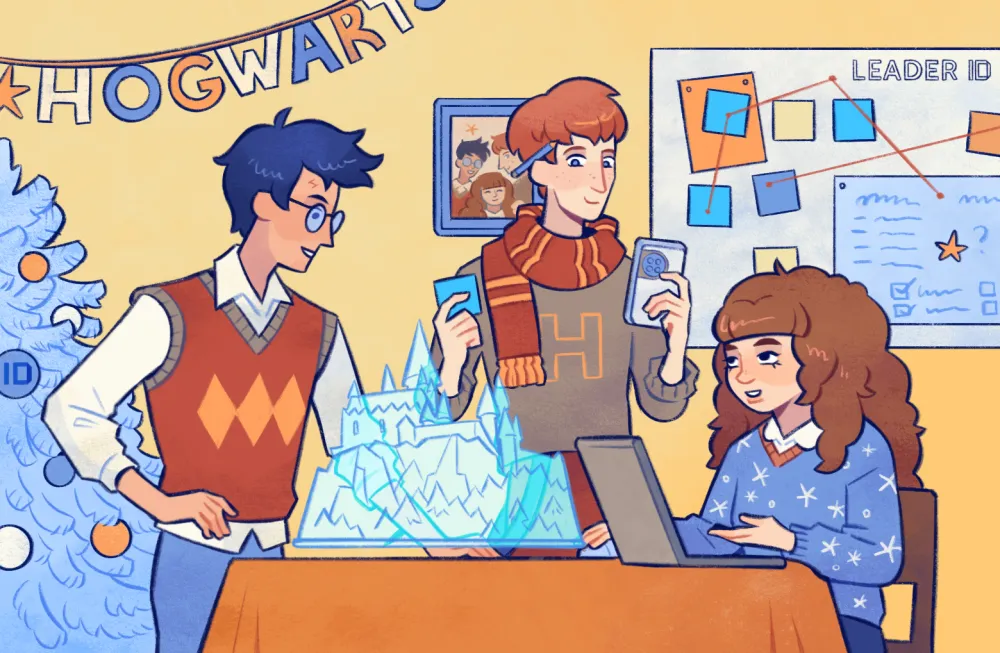
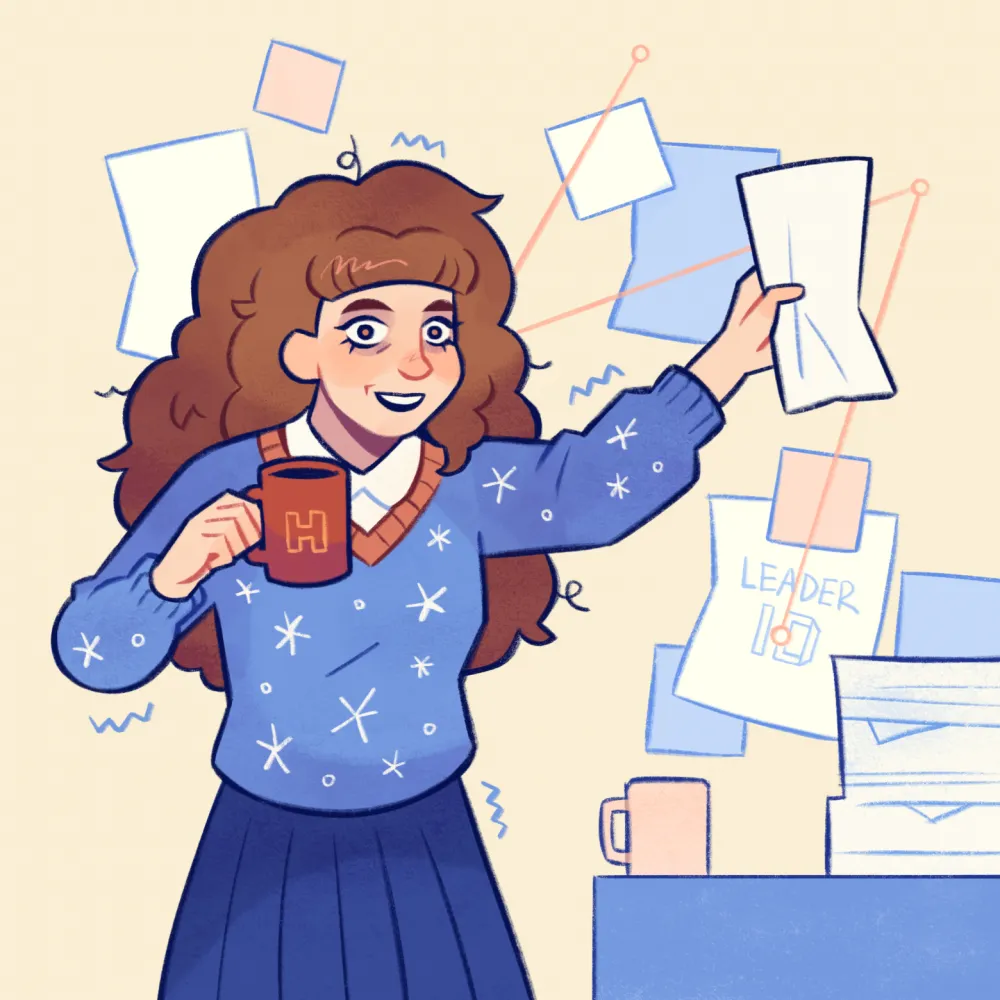
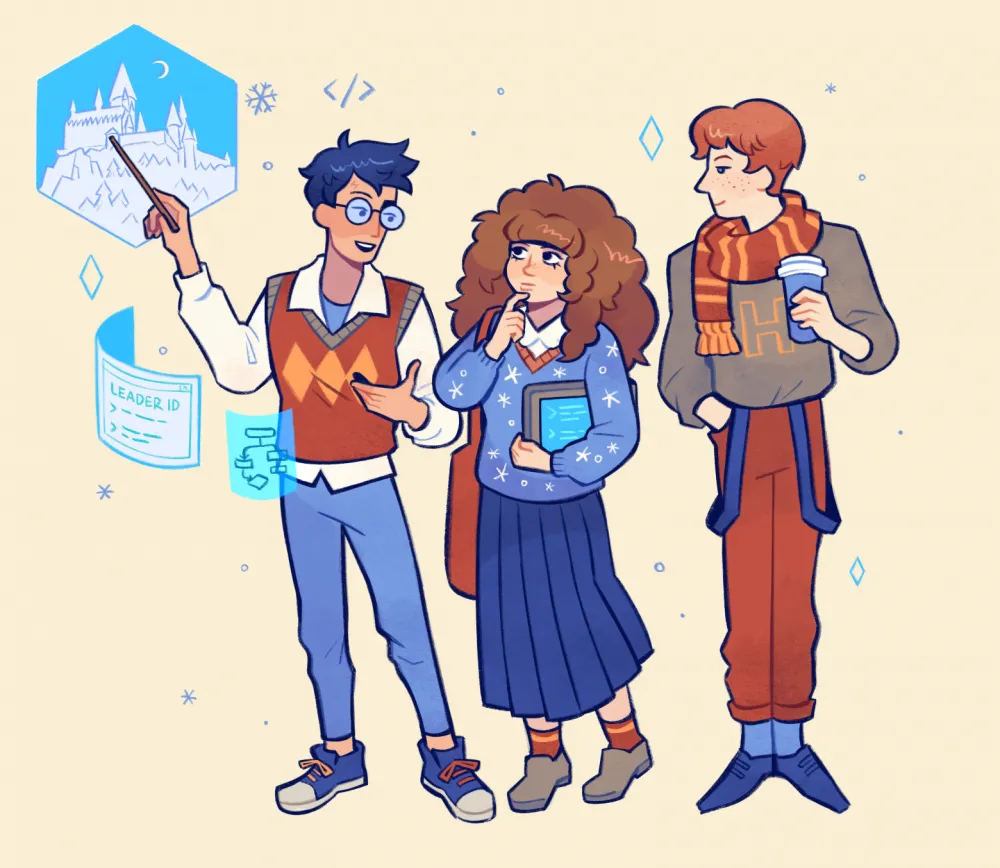
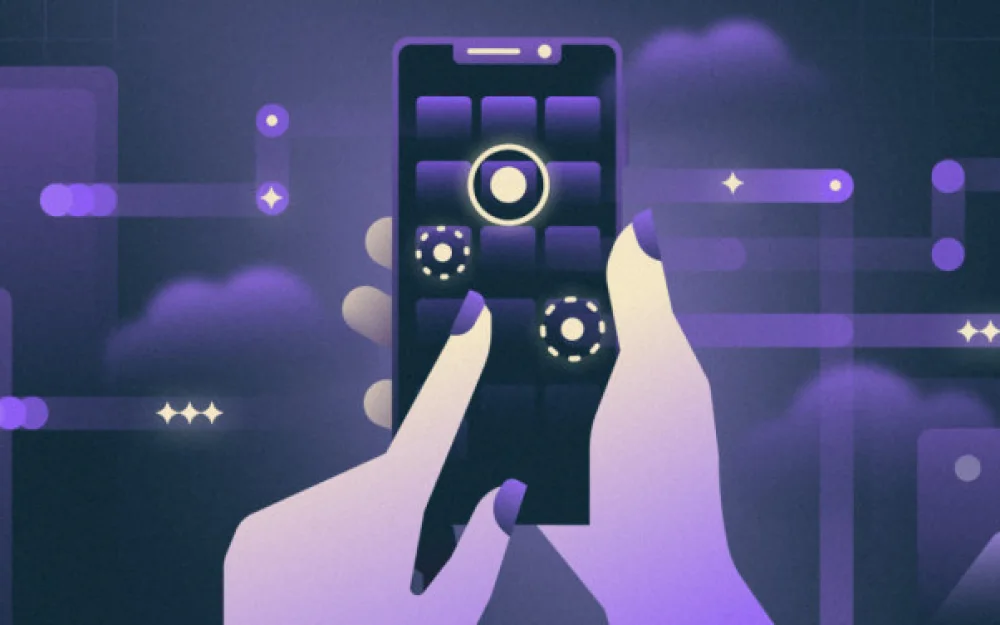
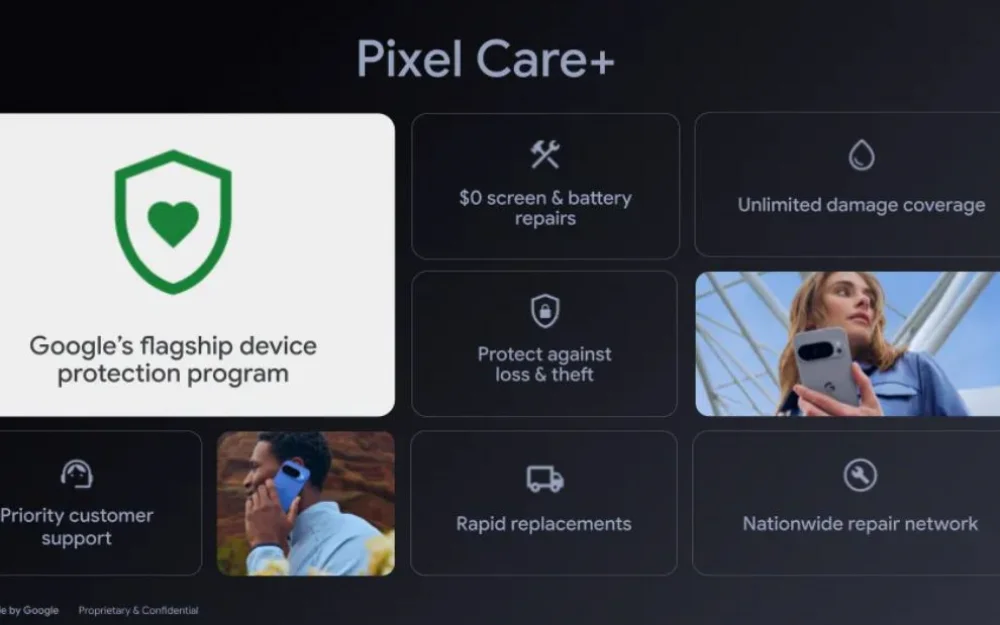


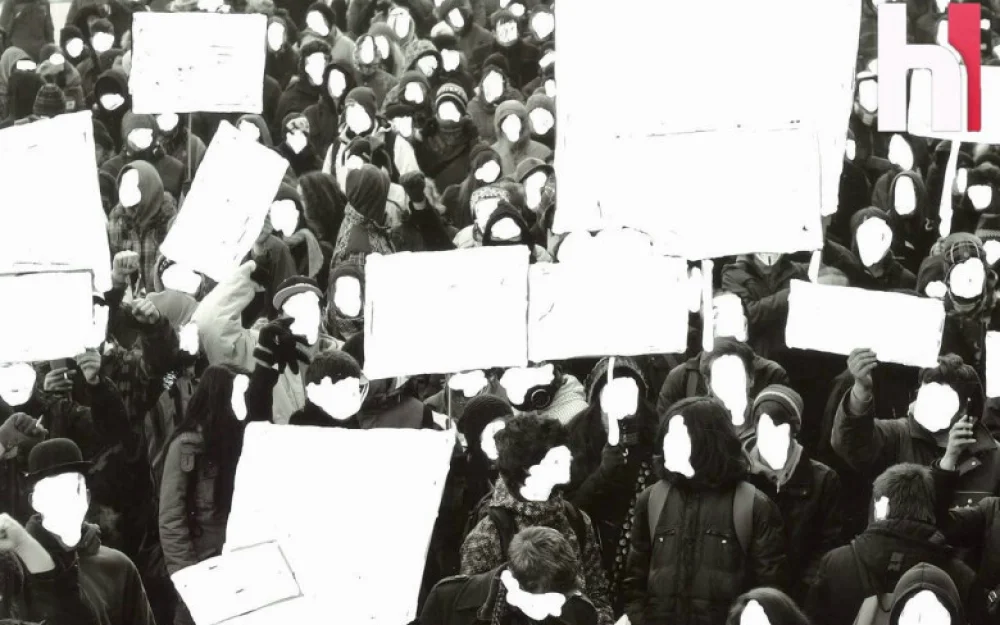


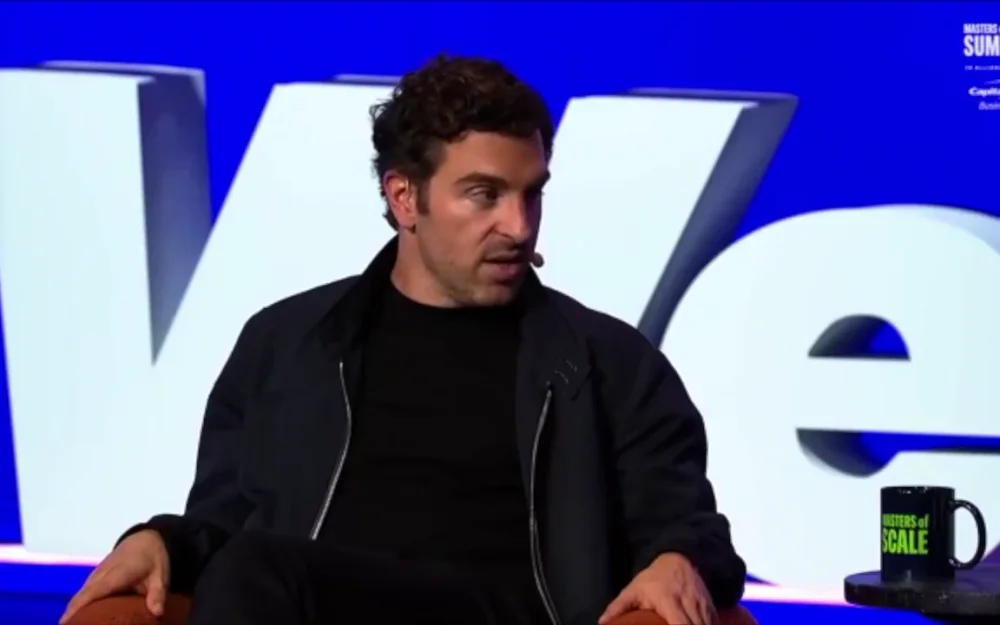
Write comment